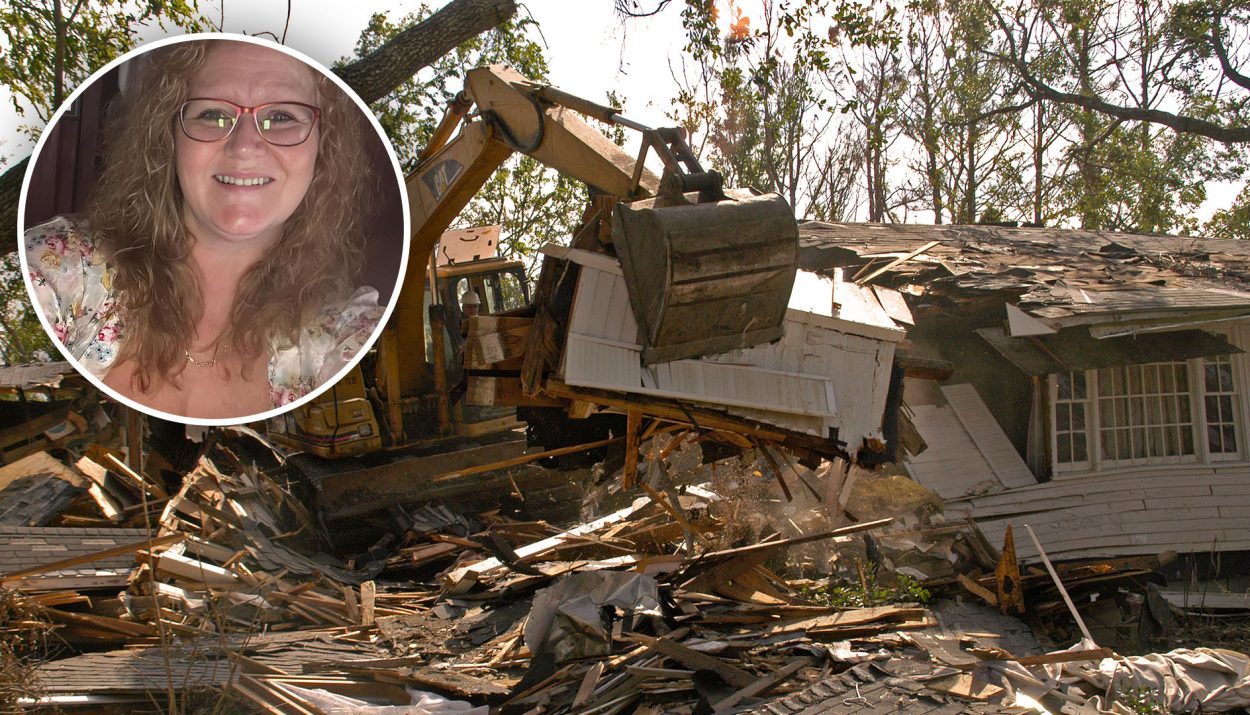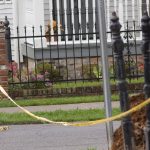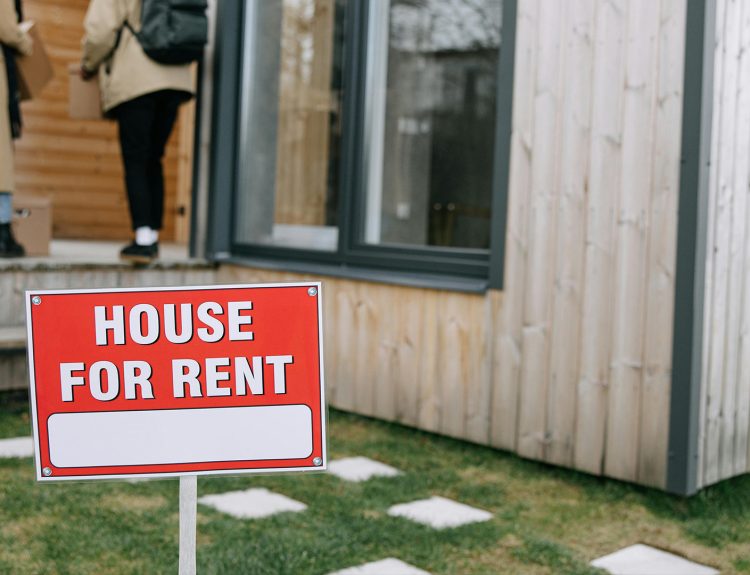An Atlanta homeowner experienced a shocking and tragic loss this week when a demolition company razed his house without permission or notification. The incident has prompted outrage as well as questions surrounding how such an egregious oversight could have occurred.
This raises concerns over the accountability and safety protocols followed by demolition contractors when preparing sites. As the homeowner picks up the pieces both literally and figuratively, the broader implications highlight the need for more rigorous regulations and oversight over demolition projects impacting residential properties.
Atlanta Homeowner’s House Mistakenly Demolished
According to reports from FOX 5 Atlanta, Susan Hodgson, an Atlanta homeowner, returned from vacation in October 2023 to find her home demolished by mistake. The construction company responsible for the demolition went to the wrong address and razed Hodgson’s home without obtaining the proper permits or her consent.
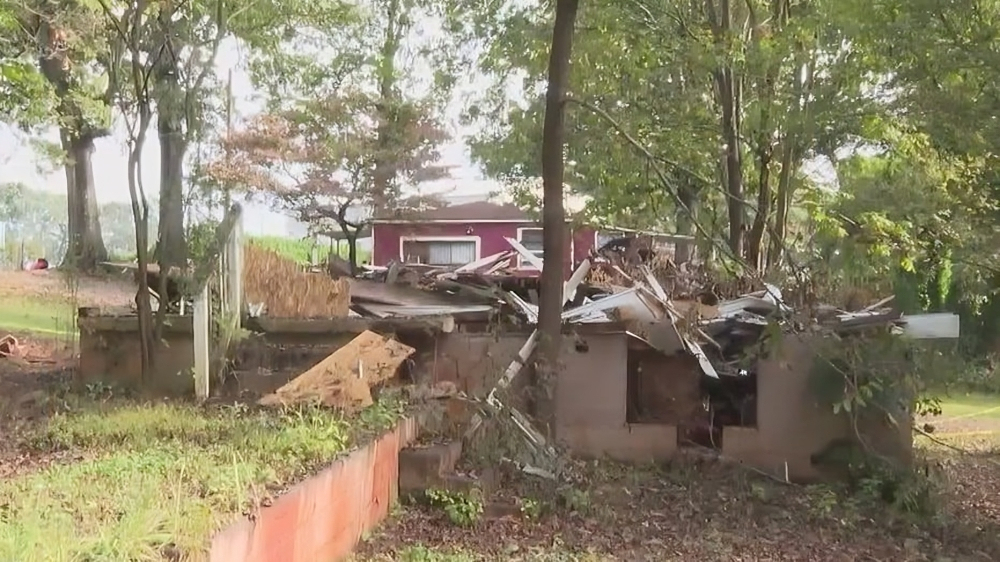
Hodgson insists that while the home had been vacant for 15 years, she diligently maintained the property by keeping it boarded up, the yard mowed, and taxes paid. The home held sentimental value for Hodgson, as it reminded her of happy memories with her late husband.
Legal Issues Arise
In the aftermath of the accidental demolition, the city of Atlanta issued Hodgson a “Stop Work Order,” demanding that she obtain the proper permits and clean up the mess within two weeks. However, as Hodgson did not authorize the demolition, she argues this should not be her responsibility.
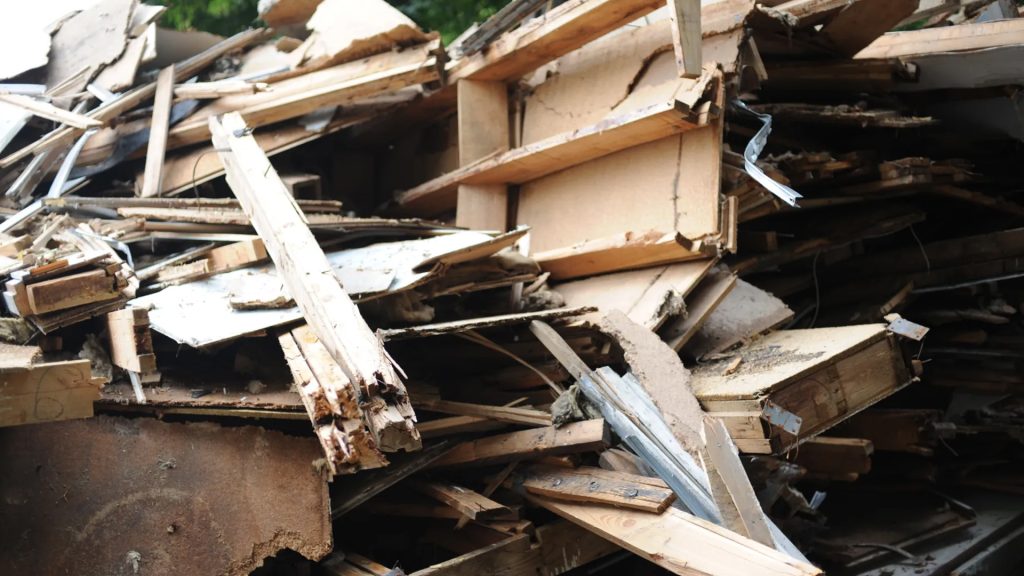
The city of Atlanta has stated that while the demolition was illegal, Hodgson is still responsible for violations on her property. They consider this a “civil matter between the property owner and the alleged responsible party.”
The Devastating Effects of Unauthorized Property Demolition
The unauthorized demolition of Hodgson’s family home led to the irreplaceable loss of a property filled with cherished memories. As Hodgson described, the house reminded her of happy times with her late husband and family.
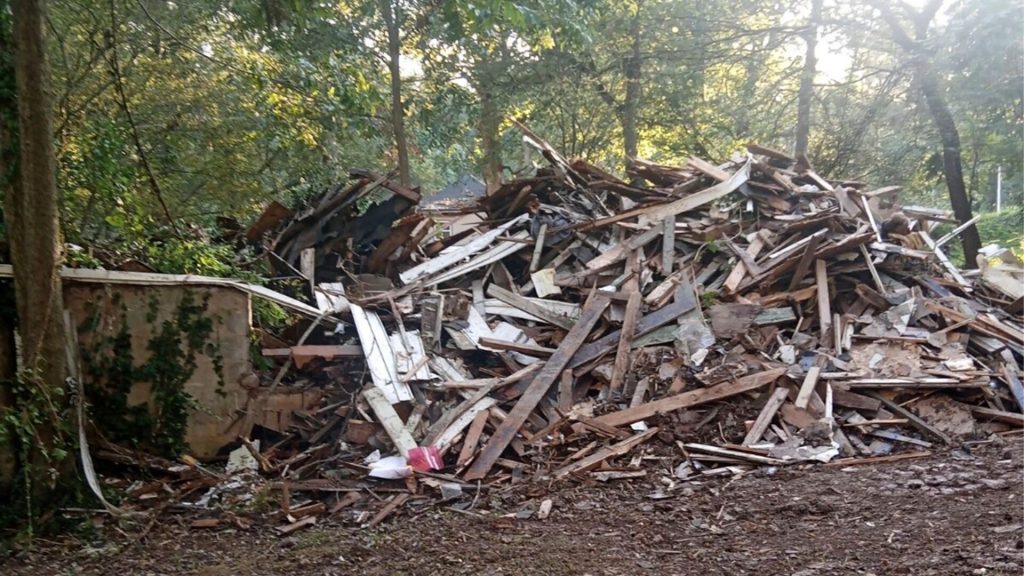
Such sentimental value can never be replaced. According to Hodgson, the property had been consistently maintained over 15 years, indicating her attachment to the place. The demolition robbed Hodgson of a meaningful connection to her past.
Understanding Property Demolition Laws and Regulations
Property owners have certain responsibilities to abide by all local laws and regulations regarding their property. According to the City of Atlanta, “The property owner is responsible for their property and for any violations that occur pertaining to that property.”
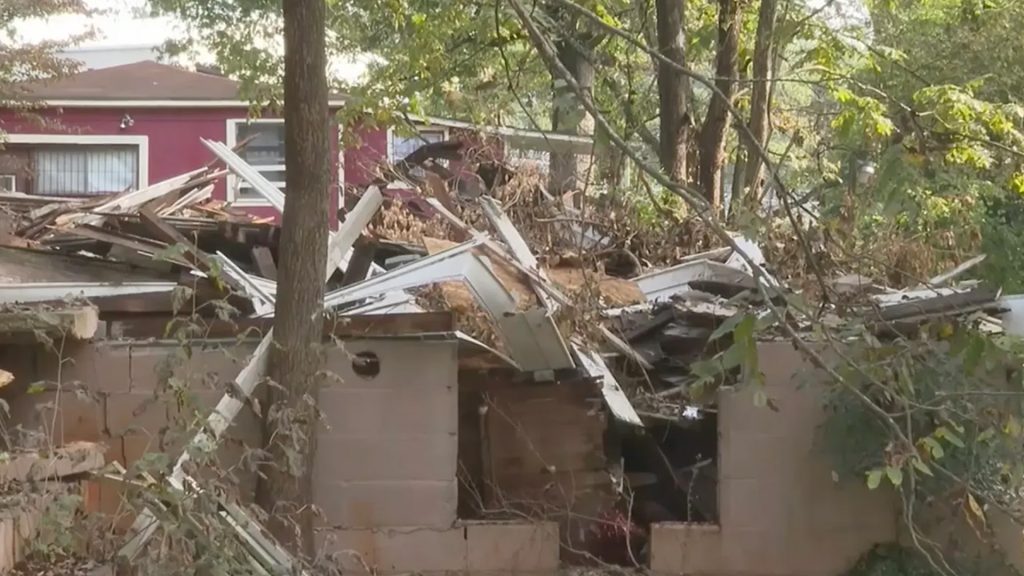
Demolishing a structure requires permits from local government agencies to ensure it is done safely and legally. These permits typically require inspections before, during, and after the demolition process. Failure to obtain the proper permits can result in legal penalties, as the City of Atlanta noted in Hodgson’s case.
Liability in Accidental Property Damage
In the event of accidental property damage, liability depends on the relationship between the parties involved. If a contractor demolishes the wrong property, as in Hodgson’s case, it can be considered a civil matter between the contractor and the property owner.
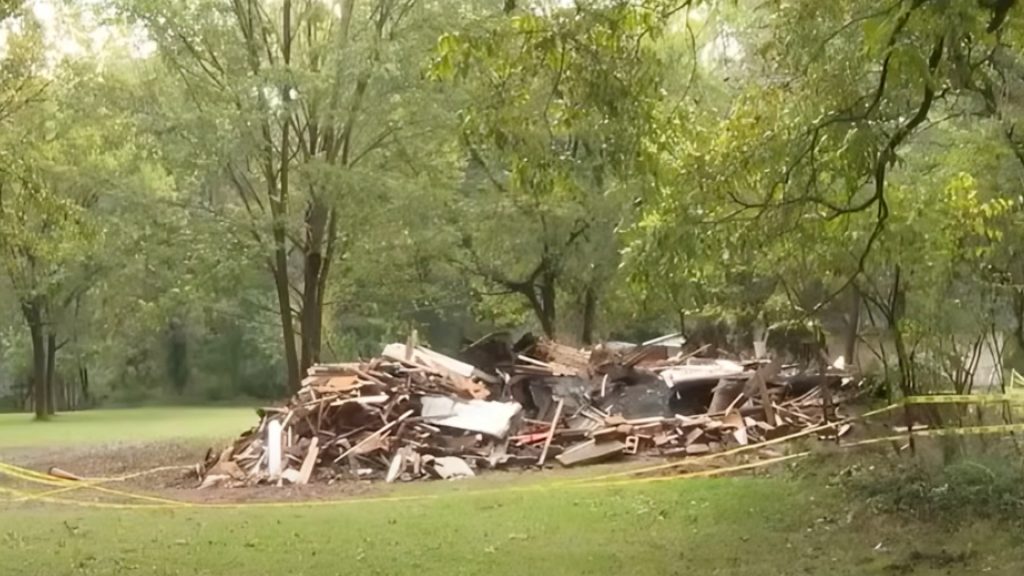
The local government may still issue corrections or citations to bring the property into compliance with regulations but typically does not determine legal liability. Homeowners and renters insurance policies may help cover costs in some situations, depending on policy specifics.
How to Protect Your Home From Accidental or Malicious Demolition
Homeowners should frequently inspect their property to ensure no unauthorized construction or demolition work is taking place. According to Susan Hodgson, whose Atlanta home was accidentally demolished, her property was boarded up, but she kept the “grass cut, the yard cleaned up, [and] taxes paid.”
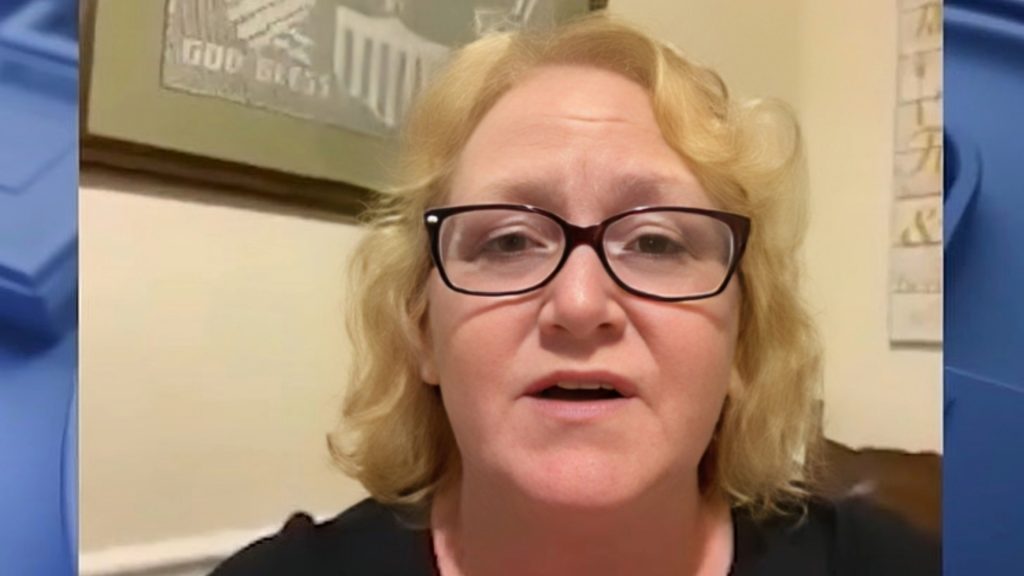
Had Hodgson or a neighbor been monitoring the property more closely, the unauthorized demolition may have been prevented or stopped sooner. Homeowners should consider installing security cameras to monitor their property for any suspicious activity.
Verifying Demolition Permits and Paperwork Before Allowing Access
Property owners should always verify permits and paperwork before allowing demolition crews access to their property. Failure to do so could result in the unintentional demolition of structures, as evidenced by the case of Susan Hodgson.
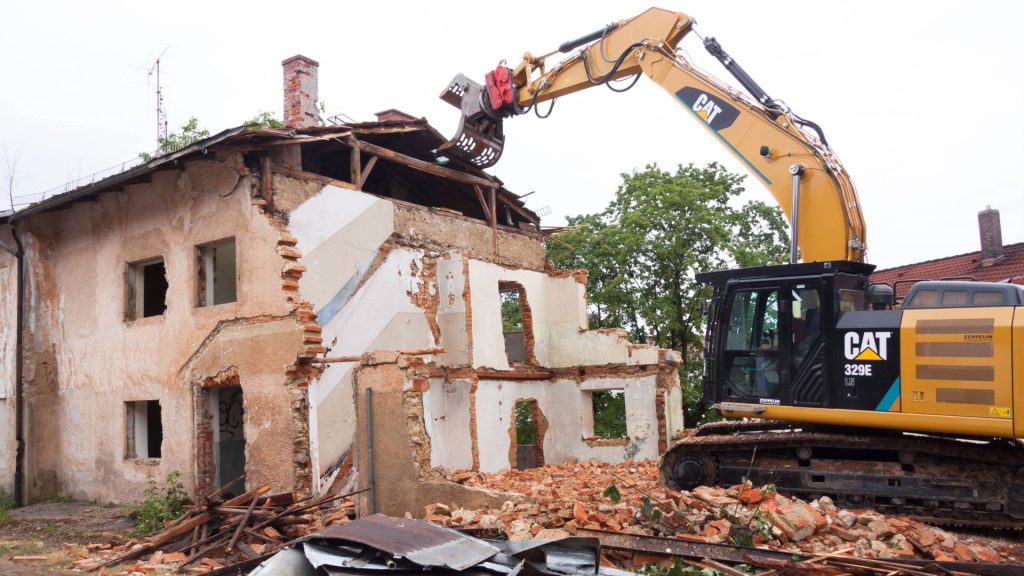
Once permits have been obtained, homeowners should review them in detail to confirm the specifics of the project, including start and end dates, as well as the precise structures and areas impacted. It is also advisable for homeowners to be on site when demolition commences to ensure that crews are adhering to the permits and to immediately halt work if deviations are observed.
Potential Legal Recourse for Homeowners After Unauthorized Demolition
Property owners who find their homes demolished without consent have several potential legal options for recourse. According to legal experts, homeowners in this situation may pursue legal action against the contractors responsible through a civil lawsuit to recover damages.
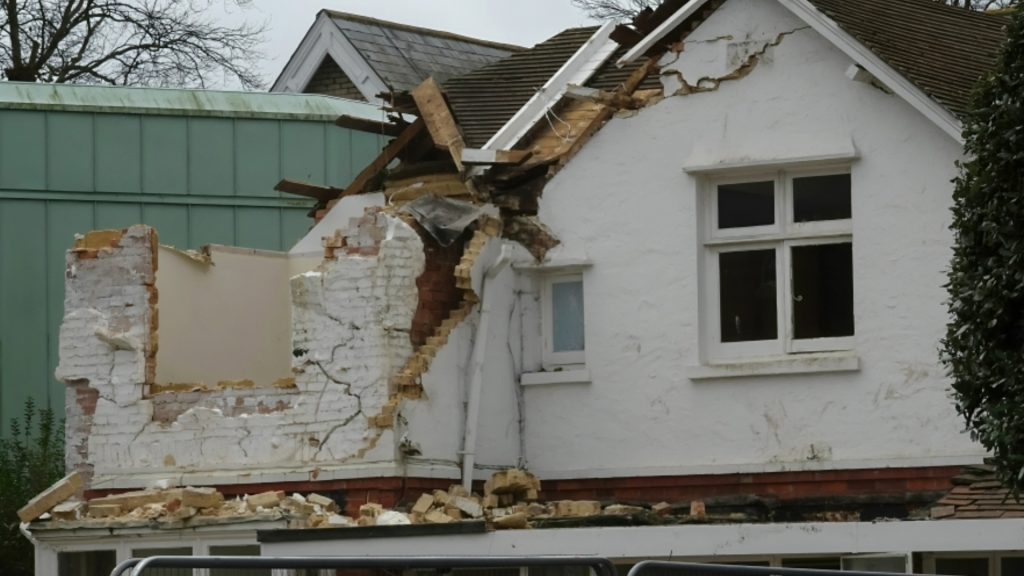
Homeowners could potentially sue the contractors for trespass, negligence, and conversion-the civil equivalent of theft. By demolishing the home without permission, the contractors trespassed on the property and were negligent in ensuring they had the correct address for the demolition.
Rebuilding After Disastrous Property Demolition: Where to Begin?
In events of unforeseen property damage, homeowners insurance can provide financial relief. Policies typically cover disasters like fires, weather events, water damage and liability claims. While accidental demolition is rare, homeowners should plan for unexpected catastrophes to their largest asset. Renters insurance also protects tenants from unanticipated calamities in a rented home.
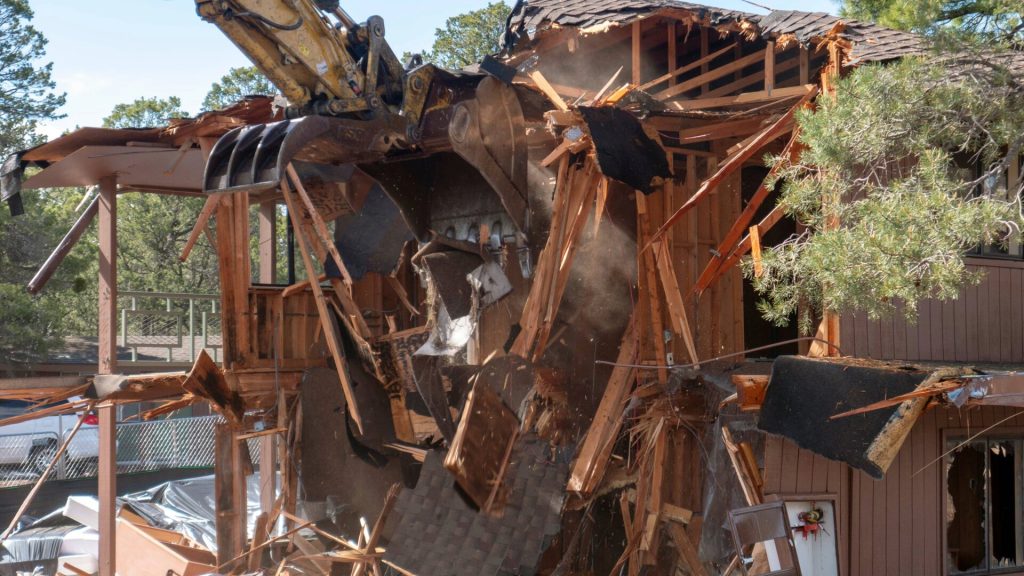
In Hodgson’s case, the city of Atlanta reportedly threatened to fine her for the mess left behind from the improper demolition. However, authorities later clarified that Hodgson herself was not accountable for the violation of city codes in this situation.
Preventing Demolition Disasters: A Tip for Homeowners
To prevent the unfortunate and distressing experience of having one’s home demolished without consent, homeowners should take proactive measures. Constant vigilance and communication are key. Homeowners should frequently inspect their properties for any signs of unauthorized access or construction activity. Fences, “No Trespassing” signs, security cameras, and motion-activated lights can also help deter unwanted intruders.
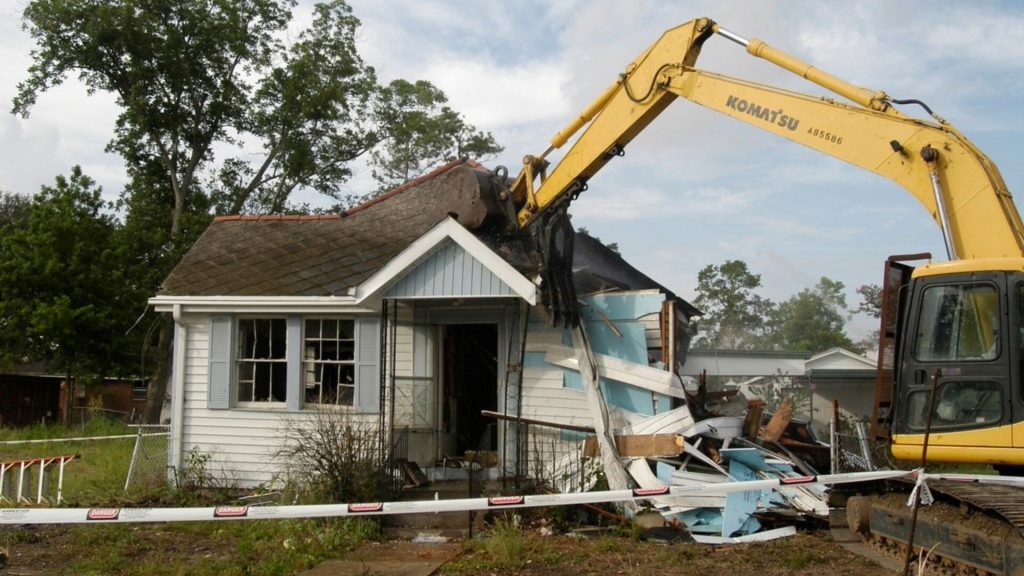
Regular communication with neighbors is also important. Neighbors can act as an extra set of eyes and ears and report any suspicious vehicles, equipment, or individuals accessing the property. Homeowners should provide neighbors with contact information so they can be reached in case of an emergency.

